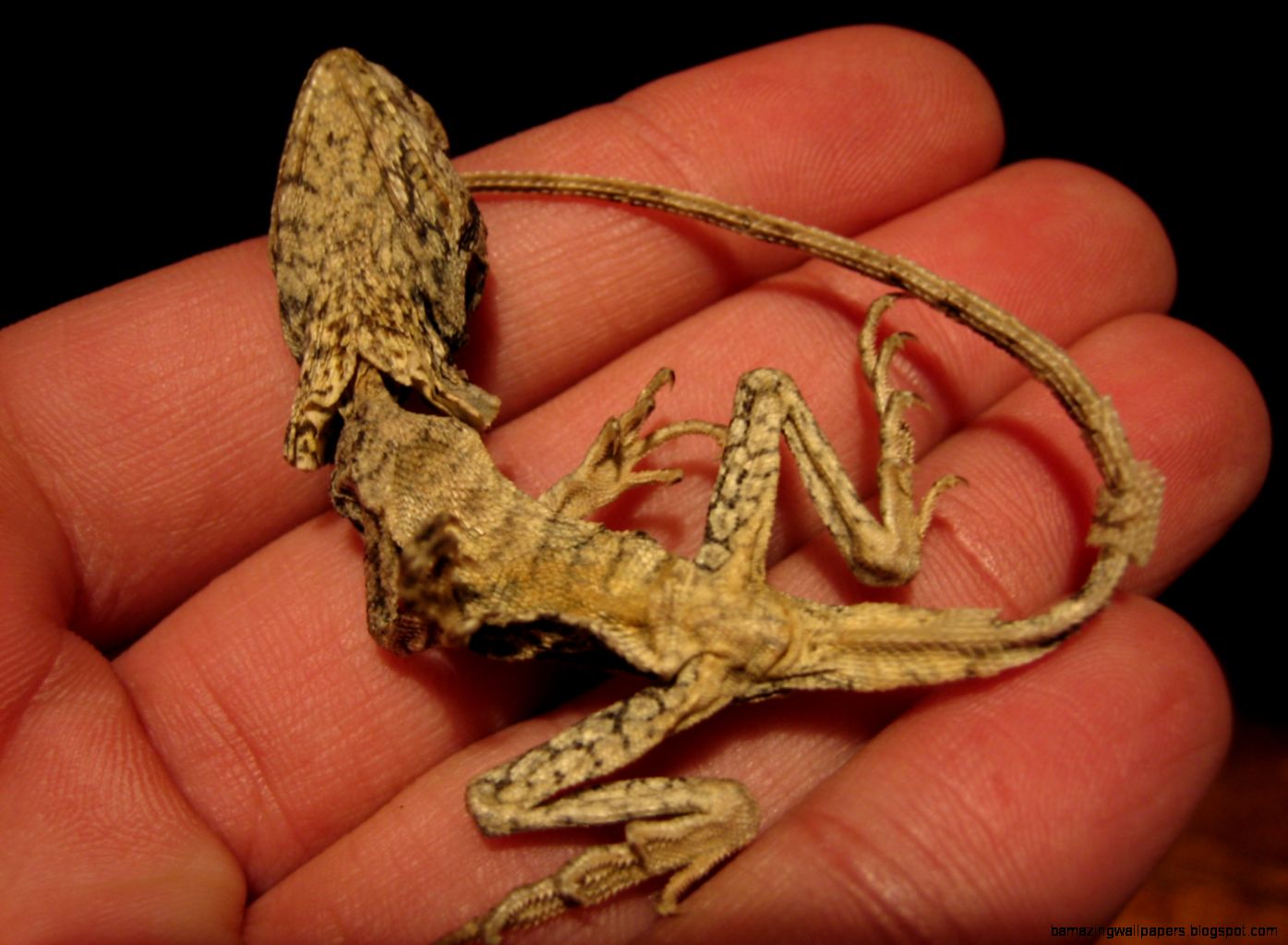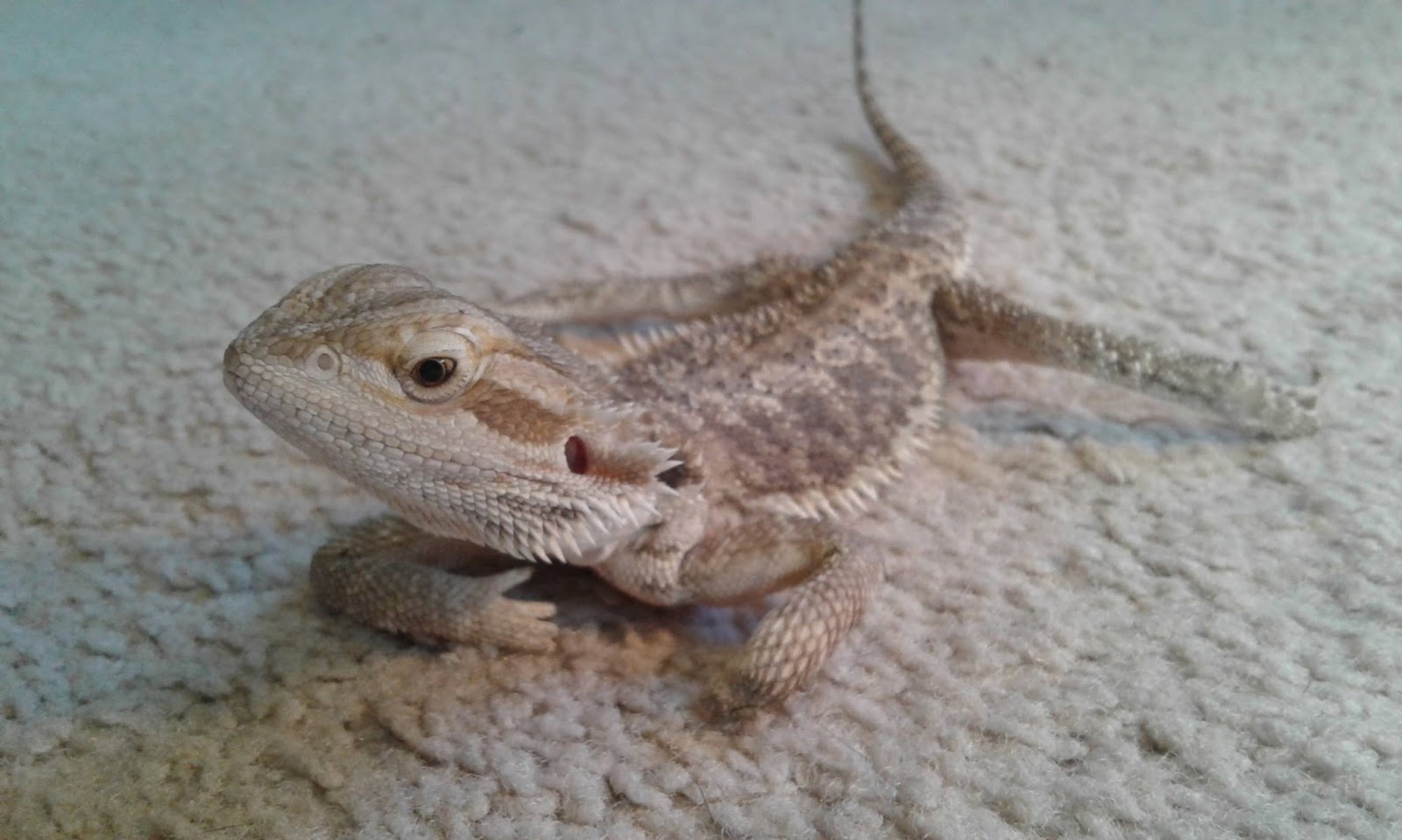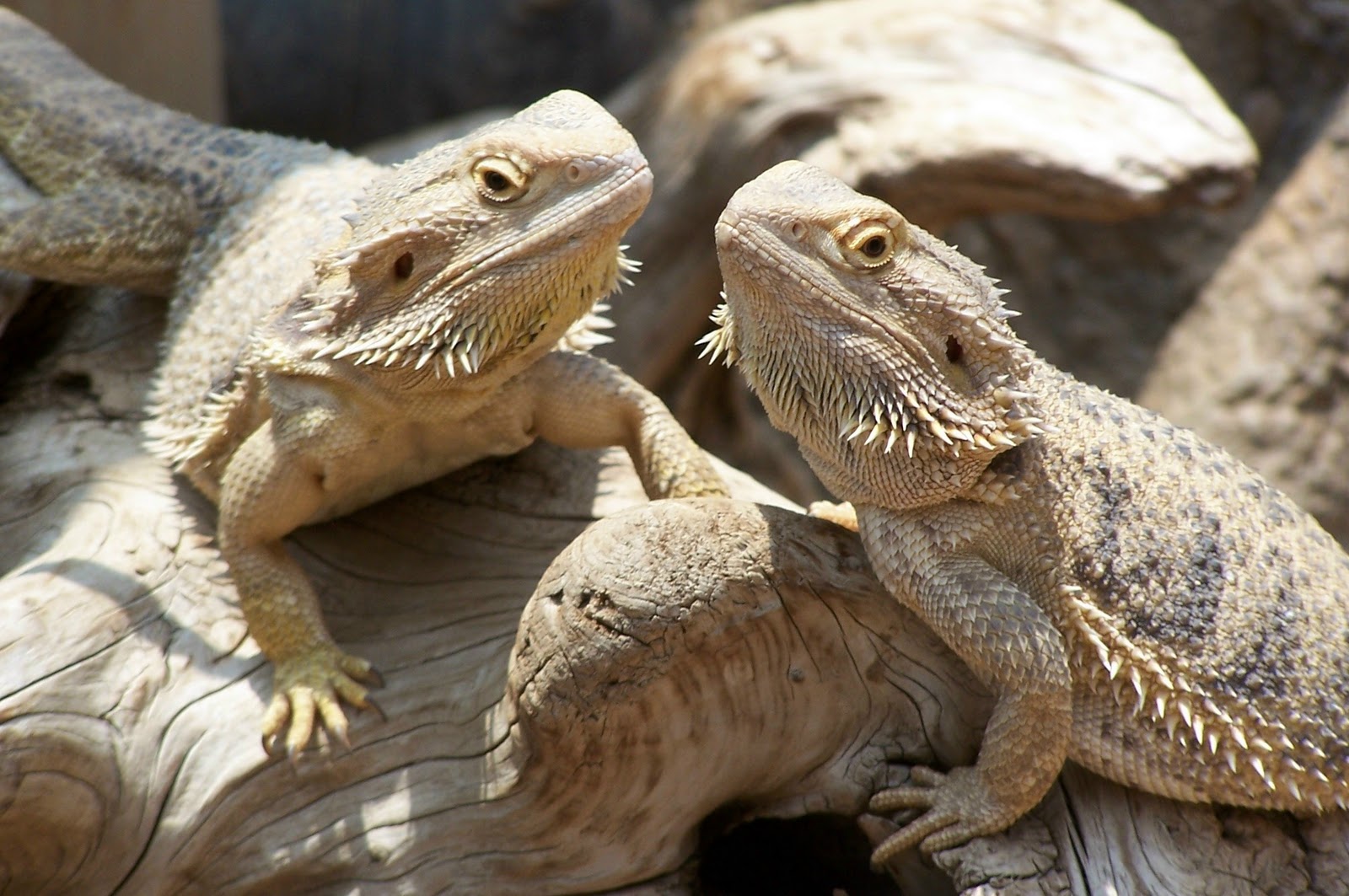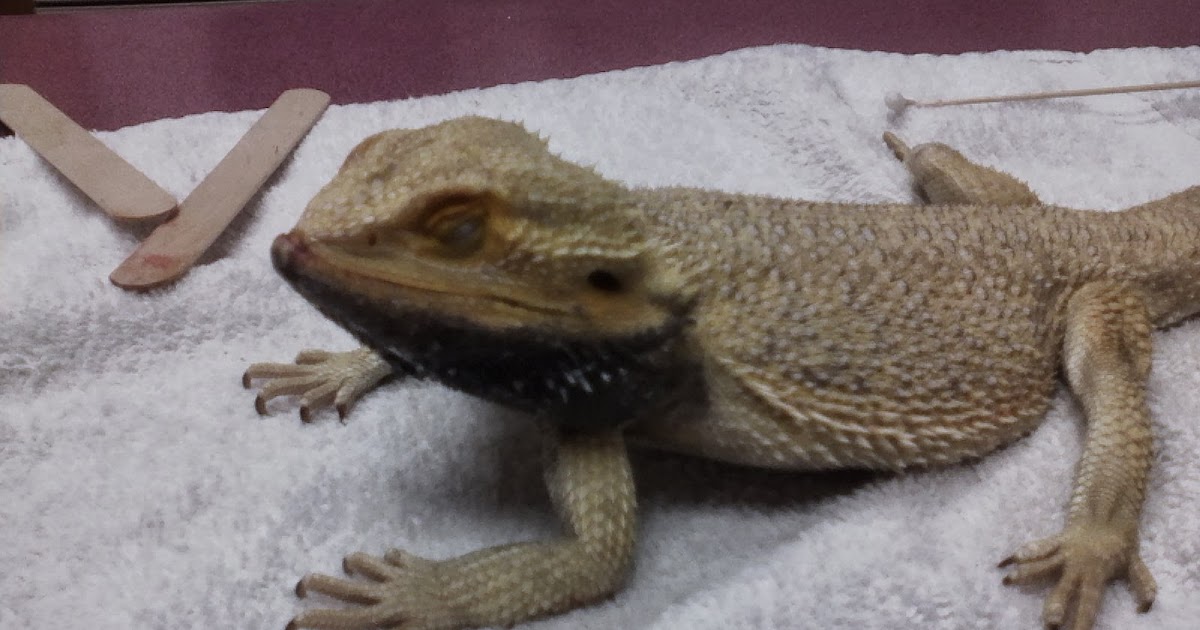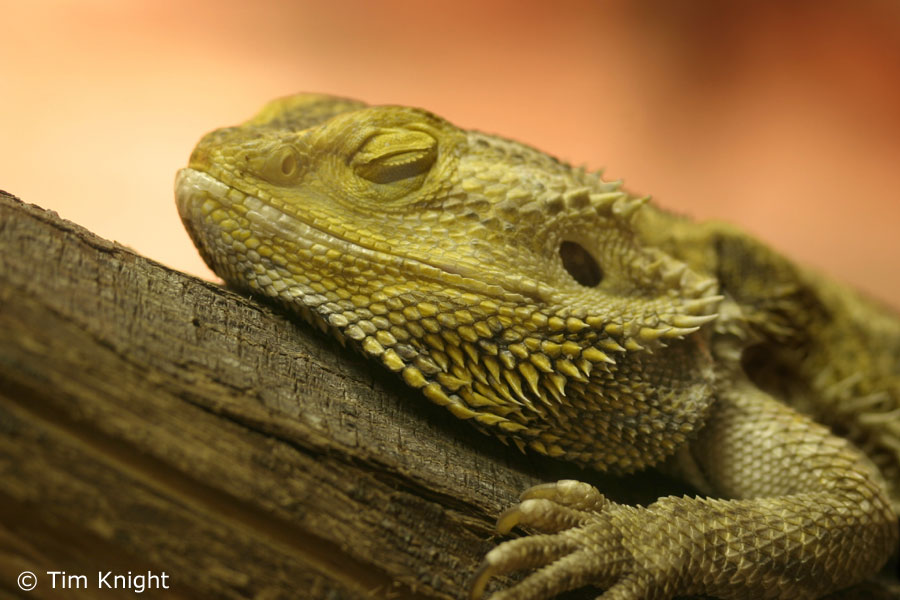Is Your Bearded Dragon Sick? Here's How to Tell and What to Do
Is Your Bearded Dragon Sick? Here’s How to Tell and What to Do
Bearded dragons are popular pets due to their unique personalities, low maintenance requirements, and overall charm. However, like all pets, they are susceptible to various health problems that can impact their quality of life. By learning how to spot the signs of illness and take appropriate action, you can help your bearded dragon recover and thrive.
Common Symptoms of Bearded Dragon Illnesses
Bearded dragons can face a variety of health concerns, ranging from minor issues like digestive problems to more severe issues like metabolic bone disease. Some common symptoms of bearded dragon illness include:
- Lethargy or lack of energy
- Loss of appetite or weight loss
- Diarrhea or constipation
- Abnormal shedding or skin discoloration
- Swollen limbs, eyes, or mouth
- Difficulty breathing or wheezing
- Twitching, seizures, or other neurological symptoms
If you notice any of these symptoms in your bearded dragon, it’s important to act quickly to identify the underlying issue and take appropriate action.
What to Do If Your Bearded Dragon Is Sick
The best course of action if your bearded dragon is sick is to take them to a veterinarian who specializes in reptile health as soon as possible. They will be able to perform a thorough examination, run diagnostic tests, and provide you with a treatment plan to help your bearded dragon recover.
In the meantime, there are some steps you can take to support your bearded dragon’s health:
- Keep their enclosure clean and comfortable to reduce stress
- Ensure they have access to fresh water at all times
- Monitor their appetite and provide nutritionally complete food
- Provide appropriate heat and lighting to ensure proper digestion and metabolism
- Administer any prescribed medications or supplements correctly
- Isolate sick bearded dragons from other pets to prevent spreading illnesses
Preventing Bearded Dragon Illnesses
The best way to prevent your bearded dragon from getting sick is to provide them with proper care and husbandry from the get-go. Some key tips for maintaining your bearded dragon’s health include:
- Keep their enclosure clean and free of waste
- Ensure they have access to fresh, clean water and nutritious food
- Provide appropriate temperature and humidity levels
- Invest in high-quality lighting and heating equipment
- Avoid exposing them to extreme temperatures or weather conditions
- Get regular check-ups with a reptile veterinarian
Final Thoughts
Bearded dragons are fascinating and rewarding pets, but they require proper care and attention to maintain their health and happiness. If you suspect your bearded dragon is sick, don’t hesitate to seek professional help and take steps to support their recovery. With a little effort and know-how, you can help ensure that your bearded dragon lives a long and healthy life.

